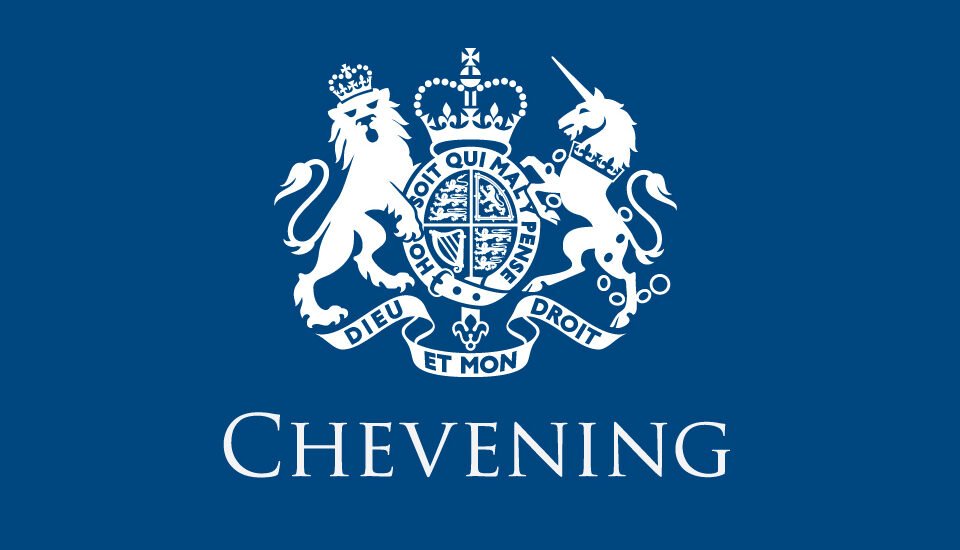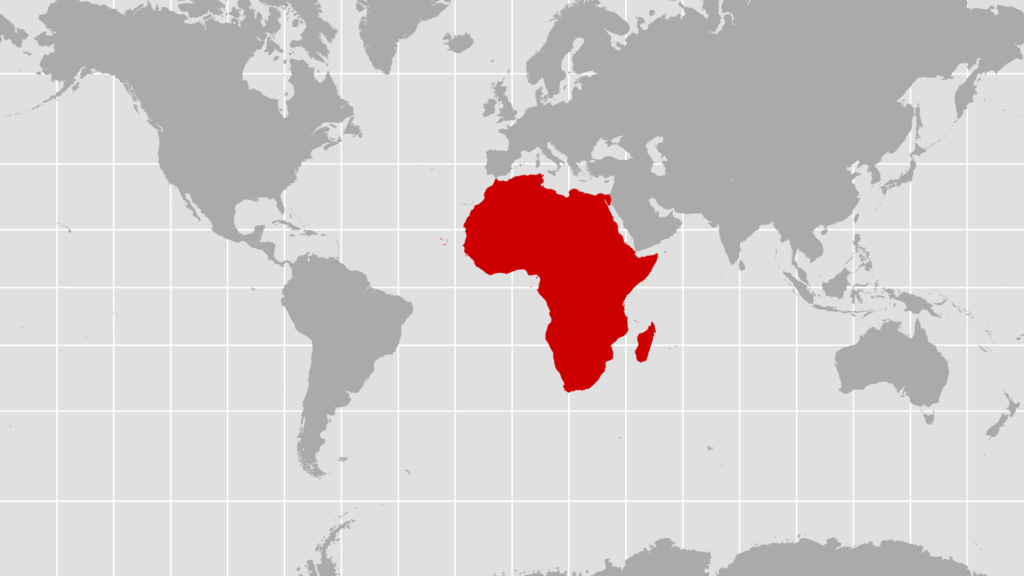


and why it’s time to reimagine them.
I have mostly personally funded most of my postgraduate education — either through running my own organizations, or presently by working on campus as a graduate assistant, and consulting in some projects. I have been reflecting on what privilege that is: to not be owned. To have a mind of my own — to not owe anyone much gratitude.
In every corner of the continent, you will meet them: some of the brightest minds of their generation, armed with prestigious degrees from world-class European universities, fluent in the language of global policy, and deeply committed to Africa’s development. Many are alumni of flagship programs like the Erasmus Mundus Joint Master’s, Chevening Scholarships, DAAD, or the EUI Policy Leaders Fellowship. These initiatives have, without question, transformed countless lives. They have opened doors that once seemed impossibly shut, provided exposure to cutting-edge research and global networks, and equipped African scholars with the skills and confidence to compete on any international stage.
For all this, they deserve to be applauded. These programs represent real, tangible investments in human potential — and they have done more than most to expand opportunities for young Africans in the global knowledge economy.
And yet, beneath this story of empowerment lies a quieter, more complicated truth — one that, I think, we too often overlook. While these scholarships succeed in expanding access to education, they do not necessarily expand agency. In many cases, they replicate and reinforce a global system of knowledge production that still positions Europe as the center and Africa as the periphery. The result is the emergence of what I call the “grateful scholar”: highly educated Africans who, despite their brilliance, remain psychologically and structurally tethered to the systems that trained them — systems designed primarily to serve European interests.
To understand this dynamic, we must revisit an idea that has long haunted the post-colonial world: the coloniality of knowledge. Long after political independence was achieved, the dominance of European epistemologies — the ways of knowing, categorizing, and legitimizing knowledge — persisted. Colonial powers may have left, but their universities, their curricula, and their frameworks for interpreting the world remained the gold standard.
Today, many scholarship programs unintentionally continue this legacy. Consider Erasmus Mundus, a prestigious EU initiative launched in 2004 to promote “intercultural understanding” and academic excellence. It has funded thousands of African students, creating a powerful alumni network. But the majority of programs remain designed and led by European universities, with African contexts appearing primarily as case studies rather than as sources of theory or centers of innovation. The curriculum often orbits European development priorities, and the markers of success — publication in European journals, placements in EU institutions, consultancies for Brussels-based NGOs — are all externally defined.
Similarly, the DAAD scholarships — one of Germany’s most impactful academic exchange programs — have created generations of African scholars. But too often, their professional trajectories remain deeply embedded in German research networks or European development projects. Many do extraordinary work on Africa — but within frameworks conceived, funded, and ultimately evaluated by European stakeholders.
None of this is malicious. It is simply how the system is designed. But therein lies the problem.
The fundamental question we must ask is this: who ultimately benefits most from these programs?
If we are honest, the answer is often Europe itself.
This does not mean African countries gain nothing — they absolutely do. But the asymmetry is clear. Far too much of the intellectual labor that originates from these programs circulates within Europe rather than being reinvested within Africa.
Beyond structures and incentives, there is a more insidious consequence: the shaping of identity itself. Many beneficiaries of these scholarships internalize a subtle narrative — one that frames them as lucky to be included rather than qualified to lead. They become fluent in the language of “capacity building” but hesitant to assert intellectual sovereignty.
This “grateful scholar” syndrome manifests in many ways:
Gratitude is a beautiful human quality. But when gratitude morphs into dependency, it becomes a barrier to transformation.
The downstream effects of this dynamic are significant:
In essence, the continent exports its brightest minds — and imports its solutions.
In recent years, a new wave of scholarship opportunities has emerged — this time from Asia. Governments and institutions in China, South Korea, Japan, Singapore, and increasingly India are aggressively funding scholarships for African students, often covering full tuition, living stipends, language training, and research placements. At first glance, this surge appears purely altruistic: an investment in South-South cooperation and global education exchange. And in many ways, it is. These scholarships have opened doors for African students beyond the West, diversifying their educational choices and exposing them to new models of development. For many, a scholarship to Tsinghua, Seoul National, or the National University of Singapore represents a chance to engage with cutting-edge research and witness first-hand how once-developing nations built thriving economies within a single generation.
But beneath this well-intentioned narrative lies a deeper strategic logic. Asian governments understand that education is one of the most powerful tools of soft power — a way to cultivate long-term influence, shape global narratives, and secure geopolitical alliances. By educating Africa’s future policymakers, economists, and engineers within their systems, they are building bridges that will pay dividends for decades to come — in trade, technology partnerships, diplomatic alignment, and access to natural resources. The classroom becomes an incubator for future cooperation, but also a site where ideological affinity and policy sympathy are forged.
This new dynamic is not inherently problematic — but it must be called out now, before the patterns of dependency replicate themselves. Without careful design, Asian scholarships risk reproducing the very dynamics we critique in Western programs: curricula centered on the donor country’s experience, research agendas that align with their strategic priorities, and alumni networks that orbit foreign capitals rather than local innovation ecosystems. There is a danger that African scholars, now fluent in Mandarin, Korean, or Japanese policy logic, will once again direct their intellectual labor outward — this time toward Beijing, Seoul, or Tokyo — rather than inward toward their own societies.
The moment demands intentionality. Africa cannot afford to replace one dependency with another. Instead, we must engage these opportunities with clear terms and strategic foresight — demanding co-designed programs, locally grounded research components, and reinvestment pathways that ensure talent returns to strengthen African systems. Calling this out early is not a rejection of partnership; it is a safeguard against repeating the mistakes of the past. If we do not restructure these exchanges now, we risk building a new generation of “grateful scholars” — this time fluent not in the language of Brussels or Oxford, but of Beijing and Seoul.
The solution is not to dismantle scholarship programs — far from it. It is to reimagine them. This requires courage and creativity from both funders and recipients.
For funders:
For African scholars and governments:

The great irony of this moment is that Africa’s most brilliant minds (my own included) are everywhere shaping the world — except where they are needed most. This is not a failure of individual will, nor a reason for cynicism. It is a systems problem — one that can and must be addressed if we are serious about transforming the continent’s future.
As new actors like China, South Korea, and Japan enter the education landscape with rapidly expanding scholarship programs, the stakes are even higher. Their intentions may differ from Europe’s, but the structural dynamics are alarmingly similar: curricula centered elsewhere, incentives that pull talent outward, and networks that bind scholars to foreign systems. If we do not call this out and redesign it early, we risk exchanging one dependency for another.
European and Asian scholarships alike have done immense good — and they will continue to play a vital role. But they must evolve beyond a model of inclusion to one of co-creation. Africa’s intellectual future cannot be built on gratitude alone. It must be grounded in agency, sovereignty, and the audacity to define our own knowledge systems — not merely participate in someone else’s.
If you’d like to go deeper into my journey — from Malawi, through the United Nations to Microsoft, you can find it in my books: